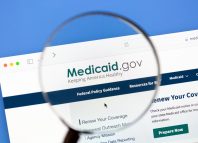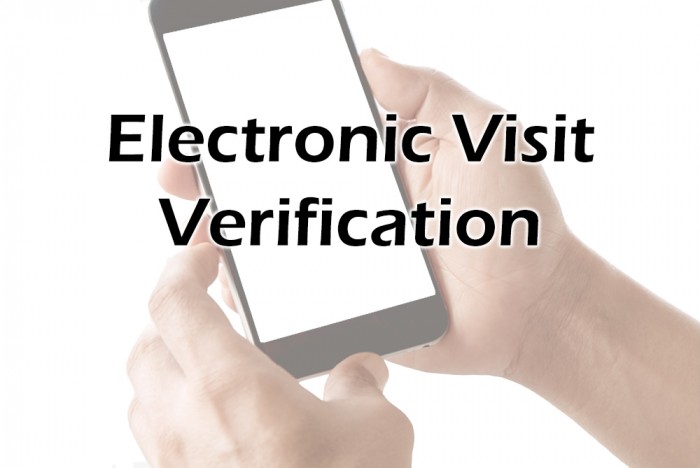As the Federal Public Health Emergency unwinds, more than a million Pennsylvanians on the Medicaid rolls will have their eligibility determinations reviewed. RCPA has been a part of the MA/CHIP Watch Group, an advocacy partnership focused on this process for children and families to ensure coverage for services. The partnership is a group of Pennsylvania health, law, and policy advocates who work directly with and on behalf of Medical Assistance (MA) and Children’s Health Insurance Program (CHIP) enrollees. For approximately one year, the group has been meeting regularly with DHS staff to discuss DHS’ plans to resume regular operations when the federal provision for continuous coverage, put into place in March 2020 at the onset of the COVID-19 pandemic by the Families First Coronavirus Response Act (FFCRA), ends.
DHS has an unprecedented task ahead: conducting MA eligibility checks for an estimated 1.1 million MA enrollees, who either no longer appear to be eligible or have overdue renewals. The group remains very concerned about the enormous administrative workload the County Assistance Offices (CAOs) will face when redetermining eligibility for this large volume of cases while resuming regular operations after three years, and how that is likely to translate into individuals losing coverage, though remaining eligible.
Recently, the group presented a letter of recommendations to DHS Secretary Dr. Val Arkoosh outlining these concerns and pathways to ensure transitional care and coverage for children. Additionally, RCPA in their meetings with DHS continues its advocacy and support for the recommendations outlined in the letter to Secretary Arkoosh.

















